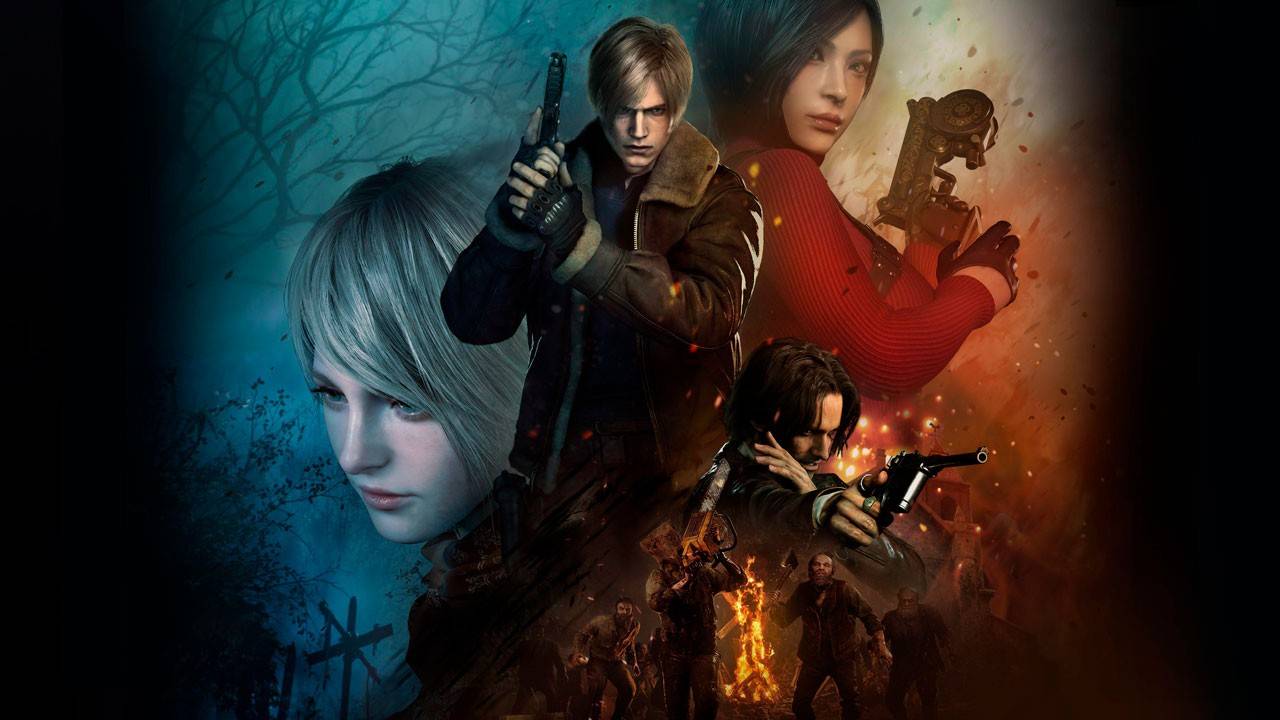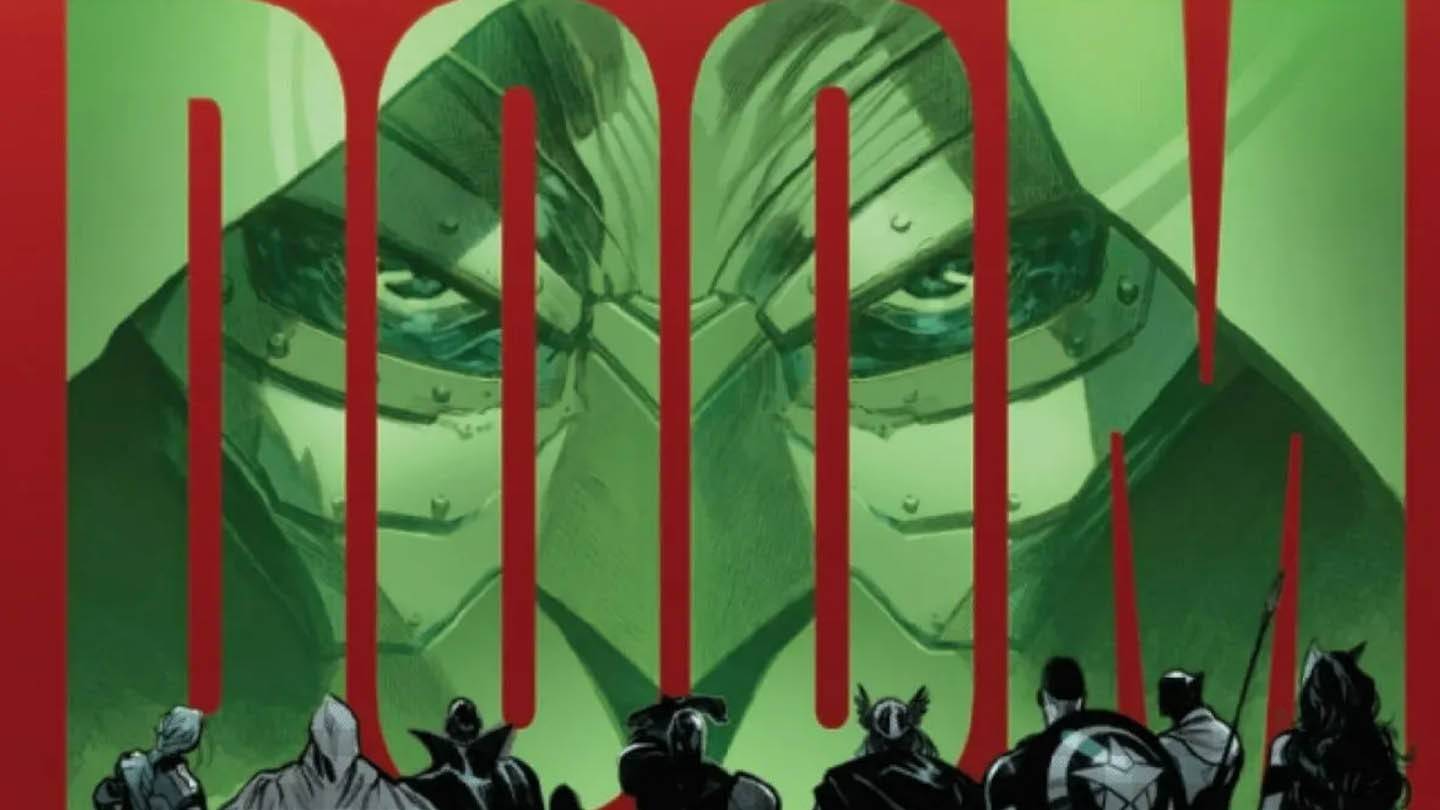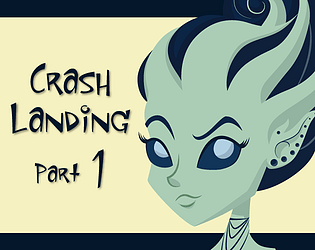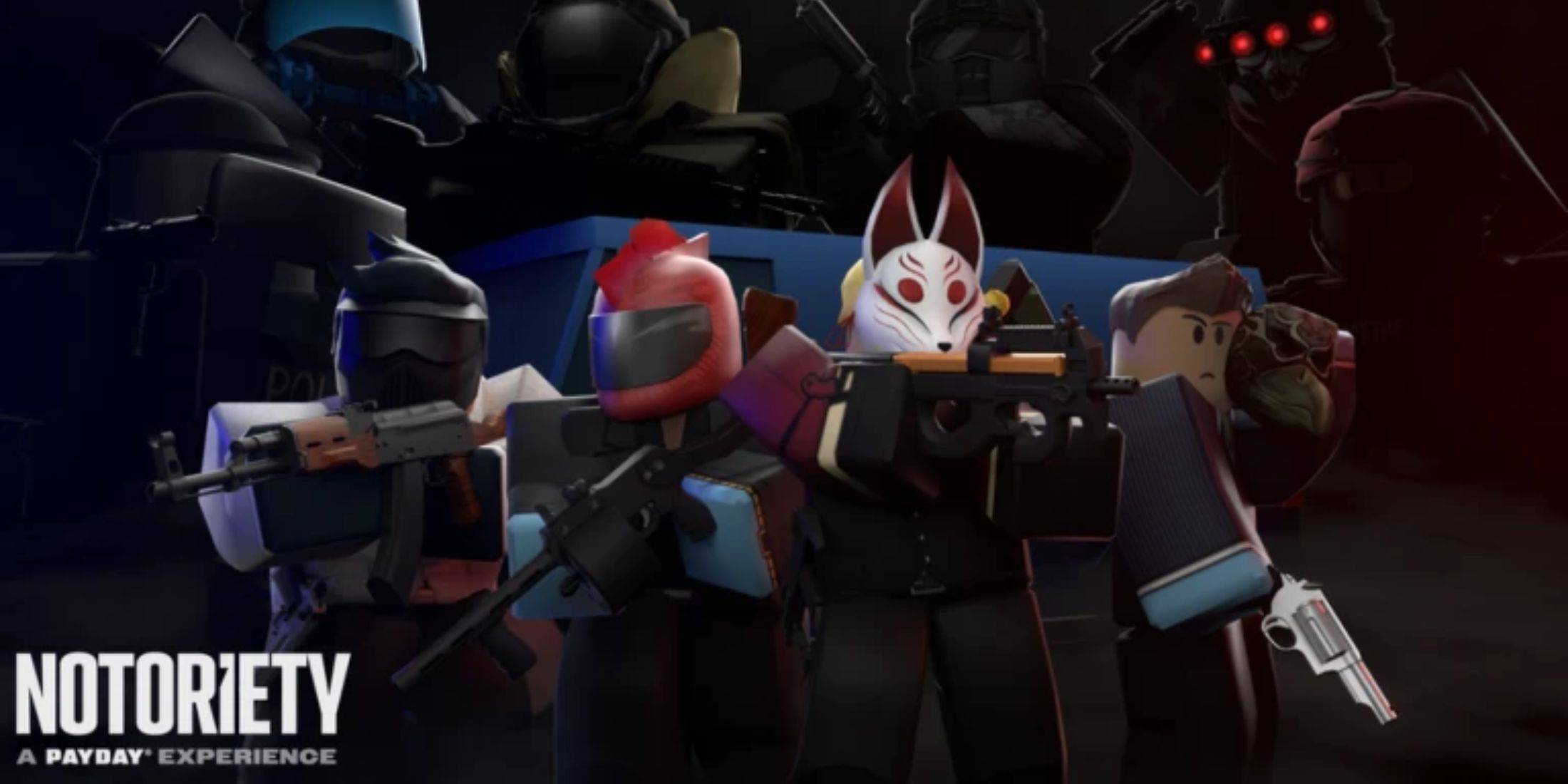"Resident Evil 2 and 4 Remakes: A Daunting Development Journey"

Yasuhiro Anpo, the director behind the acclaimed remakes of Resident Evil 2 and Resident Evil 4, disclosed that the decision to revitalize the 1998 classic, Resident Evil 2, stemmed from observing the fervent desire among fans to see the game restored to its former glory. Anpo stated, "We realized: people really want this to happen." This realization prompted producer Hirabayashi to decisively say, "Alright, we'll do it."
Initially, the development team contemplated beginning with Resident Evil 4. Yet, after thorough discussions, they recognized that the game was already highly acclaimed and nearly perfect. Altering it posed significant risks. Consequently, the focus shifted to an earlier entry in the series that required substantial modernization. To align their efforts with fan expectations, the developers delved into fan projects for insights.
However, skepticism wasn't confined to Capcom alone. Even after the successful releases of the remakes for Resident Evil 2 and 3, and the announcement of the next one, fans voiced concerns. Many argued that Resident Evil 4, unlike its predecessors, did not require as much of an update.
While Resident Evil 2 and 3, launched in the 1990s on the original PlayStation, featured outdated elements such as fixed camera angles and cumbersome controls, Resident Evil 4 revolutionized the genre in 2005. Despite initial reservations, the remake preserved the essence of the original while significantly enhancing gameplay and narrative.
The commercial triumph and favorable critical acclaim underscored that Capcom had taken the correct approach. It demonstrated that even a game considered nearly sacrosanct could be respectfully reimagined with a creative touch.
-
The ROG Ally made a strong entrance in 2023 as a powerful alternative to the Steam Deck, giving players access to a wider library of games thanks to its Windows operating system. In 2024, ASUS released the ROG Ally X, which not only upgraded internalAuthor : Anthony Jan 16,2026
-
Just when I thought I was done... Robert Downey Jr. and the Russo brothers are pulling me back in! According to Marvel, Doom's reign will be less of a single event (like last year's Blood Hunt) and more of an extended era, similar to Dark Reign. ThisAuthor : David Jan 16,2026
-
 BrazilyaDownload
BrazilyaDownload -
 Battle Angel Moe moe arena-Download
Battle Angel Moe moe arena-Download -
 Sandy BayDownload
Sandy BayDownload -
 Spell CastersDownload
Spell CastersDownload -
 Brain Puzzle - IQ Test GamesDownload
Brain Puzzle - IQ Test GamesDownload -
 Vampire's Fall: Origins RPGDownload
Vampire's Fall: Origins RPGDownload -
 Being a good sonDownload
Being a good sonDownload -
 Truck Cargo simulator offroadDownload
Truck Cargo simulator offroadDownload -
 Game Haikyuu Piano TilesDownload
Game Haikyuu Piano TilesDownload -
 Dinosaurs Hunting 3D Wild HuntDownload
Dinosaurs Hunting 3D Wild HuntDownload
- Black Ops 6 Zombies: How To Configure The Summoning Circle Rings on Citadelle Des Morts
- Roblox: Latest DOORS Codes Released!
- Harvest Moon: Lost Valley DLC and Preorder Details Revealed
- Silent Hill 2 Remake Coming to Xbox and Switch in 2025
- Roblox: Blox Fruits Codes (January 2025)
- Roblox: Freeze for UGC Codes (January 2025)








![Taffy Tales [v1.07.3a]](https://imgs.ehr99.com/uploads/32/1719554710667e529623764.jpg)




